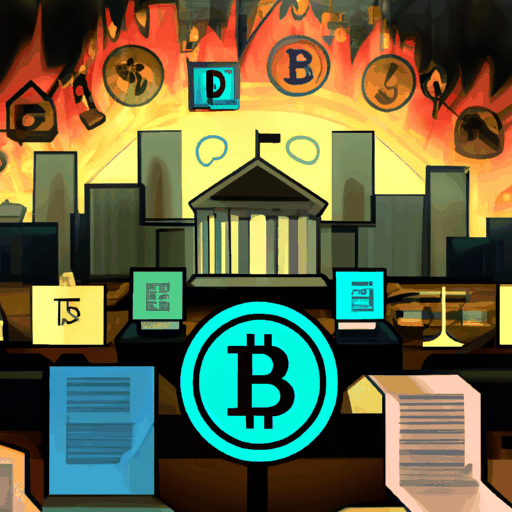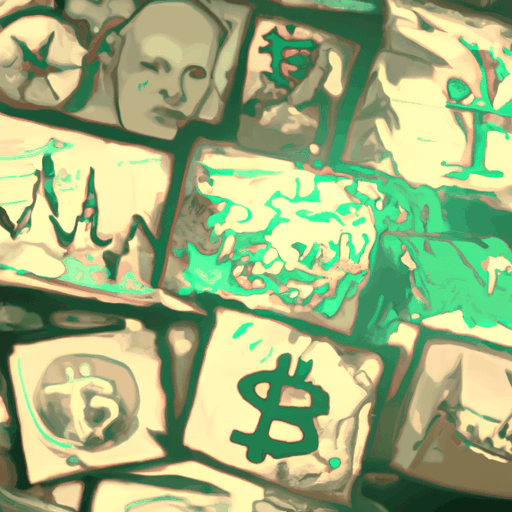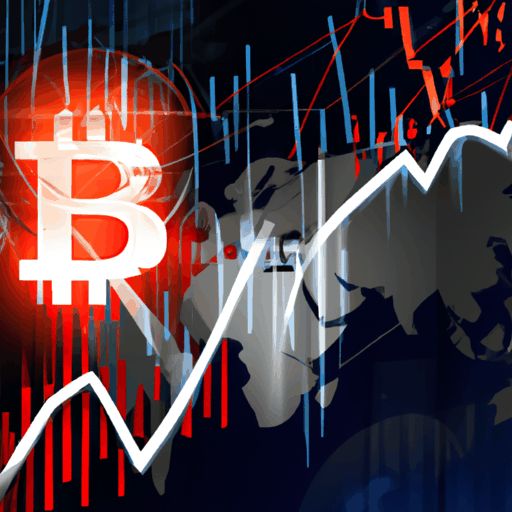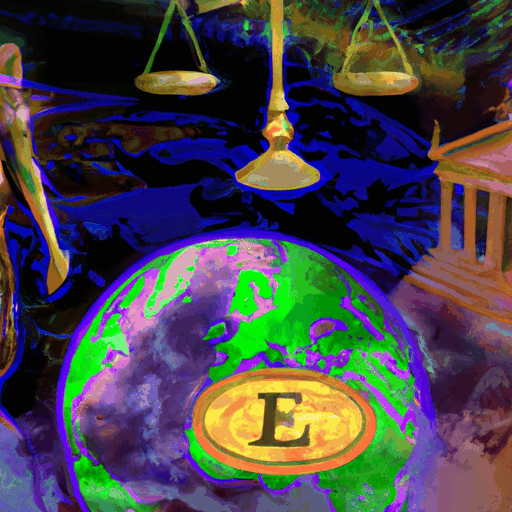
Controversy Surrounds World Liberty Financial Amidst Token Freezing Scandal
By: Isha Das
The cryptocurrency market has been rocked by controversy involving World Liberty Financial (WLFI), a crypto platform known for its ties to influential figures like former U.S. President Donald Trump. Recently, accusations have surfaced that WLFI wrongfully froze tokens belonging to a developer, Bruno Skvorc, drawing significant attention and criticism toward the platform. Skvorc alleges that his tokens were unjustly withheld, likening the situation to "new age mafia" tactics and expressing frustration about the lack of recourse available to him. The issue arose when WLFI's compliance team flagged his wallet address as "high risk," leading to the decision to lock his assets.
The situation has only been exacerbated by developments involving Justin Sun, founder of the TRON blockchain. Sun's involvement with WLFI came under scrutiny after the platform allegedly blacklisted his address and froze his tokens too. This was reportedly due to concerns about manipulative activities linked to Sun, particularly around the launch of WLFI's native token, which had been expected to significantly impact the market. Despite starting with a strong market capitalization of $1 billion, the token's value plummeted shortly thereafter. Speculation intensified as market analyst Quinten Francois highlighted potentially suspicious trading activities involving Sun through his exchange, HTX, whereby high yields were offered to users depositing WLFI.
Amidst allegations, there are looming fears that the token's value could continue to decrease, possibly falling to zero without Sun's support. The broader market is reacting with caution as concerns arise over potential manipulation and the future of WLFI. The narrative that initially drew investors due in large part to high-profile associations is now under threat, as confidence wanes. Historically, Sun's involvement in questionable trading activities has been documented, with previous instances reportedly leading to substantial illicit profits. The cryptocurrency community remains on edge as these allegations unfold, signaling potential panic selling that could lead to a further decrease in the token's value.
As the situation develops, stakeholders and the market are bracing for potential ramifications. The actions taken by WLFI and its repercussions have sparked a broader discussion on the need for stronger regulatory oversight in the cryptocurrency sector to protect investors from similar predicaments. As trust in influential figures and large platforms wavers, the push for transparency and accountability within the industry grows more pronounced.



